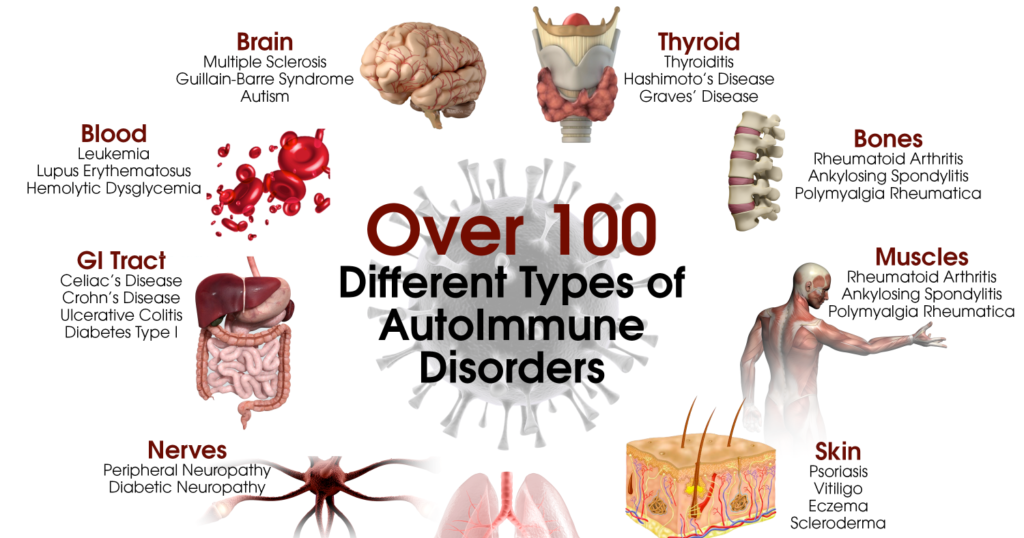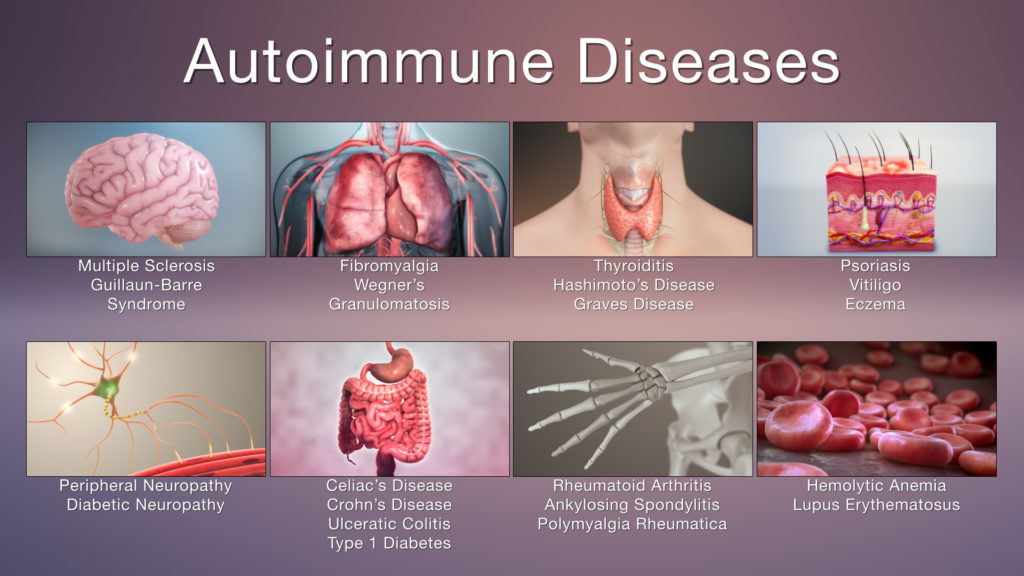What Causes Autoimmune Disease In Humans
Autoimmune diseases are conditions that cause the body's immune system to attack itself. This can lead to a host of health issues, including chronic pain, fatigue, and organ damage. Unfortunately, these diseases are on the rise, with millions of Americans affected each year. As a result, it is more important than ever before to understand the root causes of these diseases and what you can do to protect yourself.
What are autoimmune diseases?
Simply put, an autoimmune disease occurs when the immune system attacks healthy tissue in the body. Normally, the immune system is designed to recognize and attack foreign invaders, such as bacteria, viruses, and cancer cells. However, in autoimmune diseases, the immune system mistakenly identifies healthy cells as foreign, leading to inflammation and damage.
There are over 80 different autoimmune diseases, and they can affect virtually any part of the body, from the brain to the joints to the skin. Some of the most common autoimmune diseases include rheumatoid arthritis, lupus, and multiple sclerosis. In each of these diseases, the immune system attacks a specific type of tissue, leading to a range of symptoms.
The role of genetics in autoimmune diseases
While the exact cause of autoimmune diseases is not known, it is believed that genetics plays a significant role. Studies have shown that certain genes make individuals more susceptible to developing autoimmune diseases, and that these genes can be passed down from generation to generation.
However, genetics alone do not cause autoimmune diseases. In fact, many people who carry the genes associated with autoimmune diseases never develop the condition. Instead, experts believe that a combination of genetic and environmental factors is necessary for the development of autoimmune diseases.
Environmental factors that contribute to autoimmune diseases
There are a number of environmental factors that have been linked to the development of autoimmune diseases, including:
- Stress: Chronic stress has been shown to weaken the immune system and increase inflammation, which can contribute to the development of autoimmune diseases.
- Diet: Certain foods may trigger or exacerbate autoimmune diseases, particularly those that contain gluten or are high in sugar or processed foods. On the other hand, a healthy diet full of anti-inflammatory foods, such as fruits, vegetables, and healthy fats, may help reduce the risk of autoimmune diseases.
- Toxins: Exposure to environmental toxins, such as pesticides and heavy metals, has been linked to an increased risk of autoimmune diseases.
- Infections: Certain infections, such as Epstein-Barr virus and hepatitis C, have been linked to the development of autoimmune diseases.
Preventing autoimmune diseases
While it is not possible to completely prevent autoimmune diseases, there are steps you can take to reduce your risk and protect your health. Here are a few tips:
- Eat a healthy, anti-inflammatory diet full of fruits, vegetables, healthy fats, and lean protein.
- Manage stress through meditation, yoga, or other relaxation techniques.
- Avoid exposure to environmental toxins as much as possible.
- Exercise regularly to support overall health and reduce inflammation.
- Work with your doctor to manage any chronic health conditions, such as diabetes or high blood pressure, which can increase the risk of autoimmune diseases.
Conclusion
Autoimmune diseases are a growing health concern, affecting millions of people each year. While genetics plays a role in the development of these diseases, there are also a number of environmental factors that contribute. By taking steps to protect your health, including eating a healthy diet, managing stress, and avoiding toxins, you can help reduce your risk and support overall wellness.
Sources
- National Institute of Allergy and Infectious Diseases - Understanding Autoimmune Diseases
- US National Library of Medicine - Genetic and Environmental Factors in Autoimmune Disease
- Johns Hopkins Medicine - Preventing Autoimmune Disease
By following the steps outlined in this article and staying up to date on the latest research, you can help reduce your risk of autoimmune diseases and protect your health for years to come.
Images:
GlutenFree and Healthy Living CeliacDisease and the ImmuneSystem

This image highlights the importance of eating a gluten-free diet to support overall health and reduce the risk of autoimmune diseases.
Spirit Self Health

This image highlights the impact of autoimmune diseases on overall health and wellness, emphasizing the importance of prevention and early intervention.